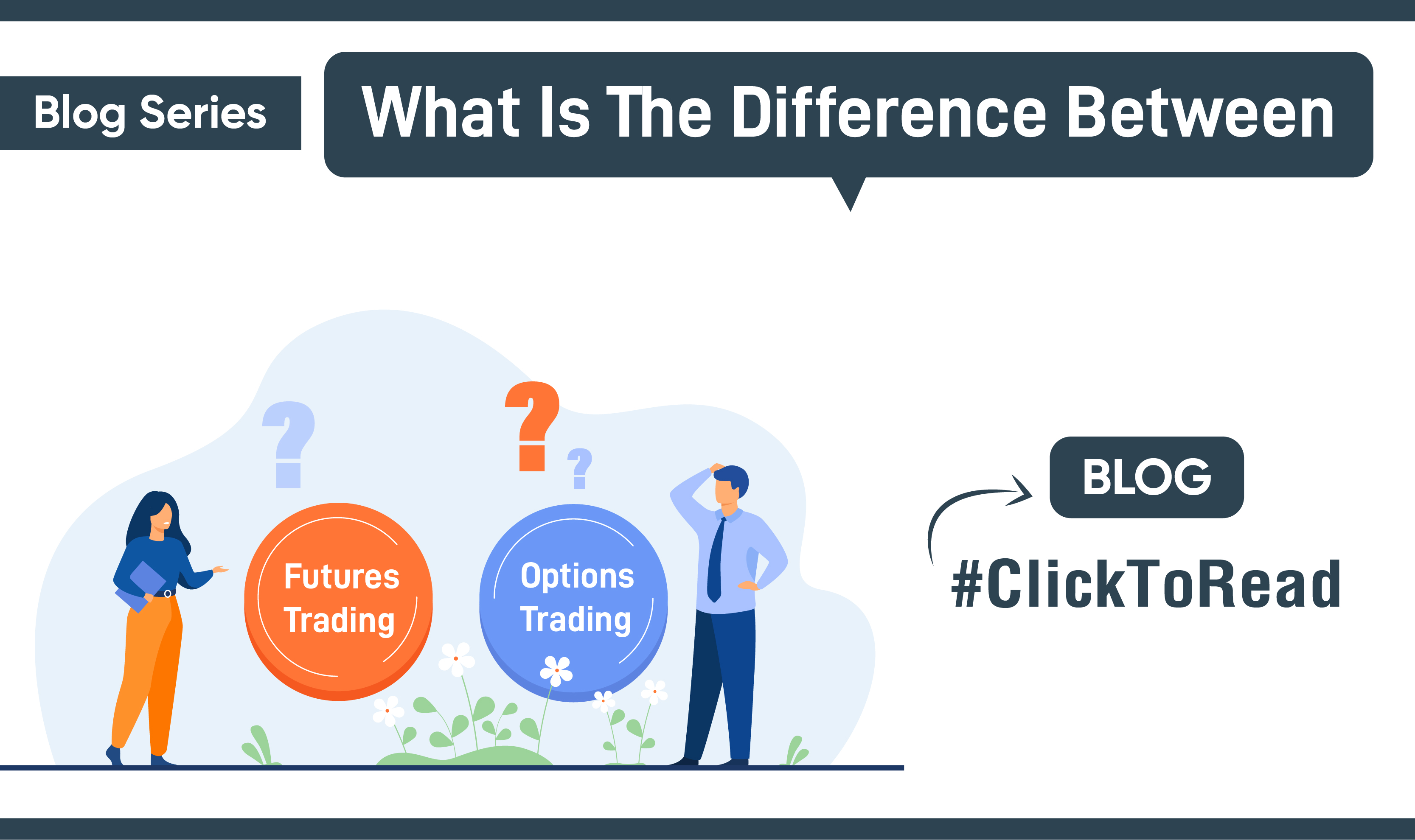As a seasoned trader, I’ve witnessed countless debates over the superiority of futures versus options. Both instruments offer distinct advantages, and the optimal choice depends on individual trading styles, risk tolerance, and market conditions.

Image: tradebrains.in
Before diving into the specifics, let’s define these financial instruments.
Futures vs. Options: A Concise Explanation
Futures
Futures are standardized contracts that obligate the buyer to purchase an underlying asset (e.g., commodities, currencies, or indices) at a predetermined price on a set future date. Futures trading offers leverage, allowing traders to control a large position with a relatively small amount of capital.
Options
Options, on the other hand, grant the buyer the right, but not the obligation, to buy (in the case of a “call”) or sell (in the case of a “put”) an underlying asset at a specific price within a certain period. Options provide greater flexibility and can be used for various strategies, including hedging and speculation.

Image: www.indiratrade.com
Factors to Consider When Choosing Between Futures and Options
- **Risk Tolerance:** Futures are inherently riskier due to their obligatory nature. Losses can accumulate rapidly if the underlying asset moves against the trader’s position. Options, in contrast, allow for controlled risk management as losses are limited to the premium paid.
- **Capital Requirements:** Futures require traders to maintain margin accounts, which can be substantial for highly leveraged positions. Options, on the other hand, typically have lower margin requirements, making them more accessible for traders with limited capital.
- **Liquidity:** Both futures and options offer high liquidity, but the depth of the market for specific contracts can vary. Futures tend to be more liquid than options on less popular underlying assets.
- **Trading Strategies:** Futures are well-suited for traders seeking directional bets on the underlying asset’s price. Options offer greater versatility, enabling traders to implement various strategies, such as spreads, butterflies, and iron condors.
- **Time Horizon:** Futures contracts have fixed expiration dates, typically ranging from a few days to several months. Options offer greater flexibility in terms of expiration, with contracts available for terms ranging from a week to several years.
Expert Advice for Choosing Between Futures and Options
- **Beginners starting out in financial trading should consider options due to their lower risk profile and greater flexibility.
- **Seasoned traders with a strong understanding of risk management and a high risk tolerance may prefer futures for their potential for higher returns.
- **Traders should carefully assess their own trading goals, risk appetite, and capital constraints before selecting between futures and options.
- **It’s highly recommended to consult with a financial professional before engaging in any trading activities.
FAQs on Futures and Options Trading
- **Q: Which instrument is more profitable?**
A: The profitability of futures and options depends on market conditions and the trader’s skill. Both instruments have the potential to generate significant profits. - **Q: Can I trade futures and options simultaneously?**
A: Yes, many traders combine futures and options strategies to manage risk and enhance returns. - **Q: What’s the difference between a spot contract and a futures contract?**
A: A spot contract involves the immediate delivery and purchase of an underlying asset, while a futures contract obliges delivery and payment at a future date.
Which Is Better Trading Futures Or Options
Conclusion
Whether futures or options are the “better” choice ultimately depends on the individual trader’s objectives. Each instrument has unique advantages and suits different trading styles. By carefully considering the factors discussed in this article and seeking professional advice from a reputable source, traders can make informed decisions and navigate the complexities of financial markets.
Are you considering futures or options trading? Leave a comment below to join the discussion.






